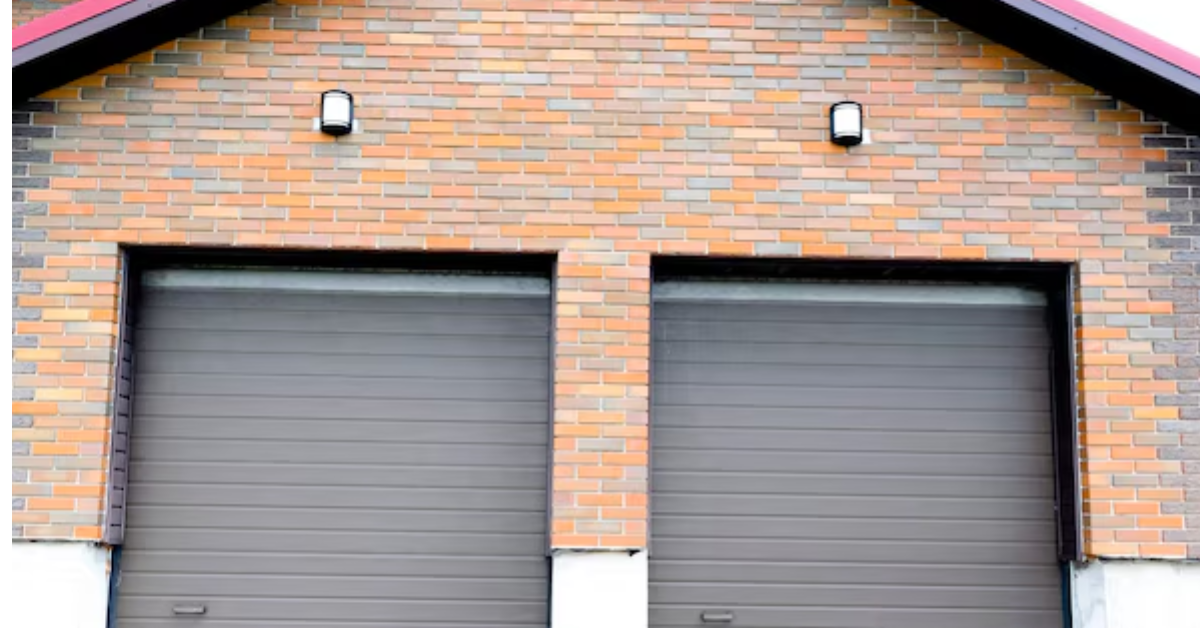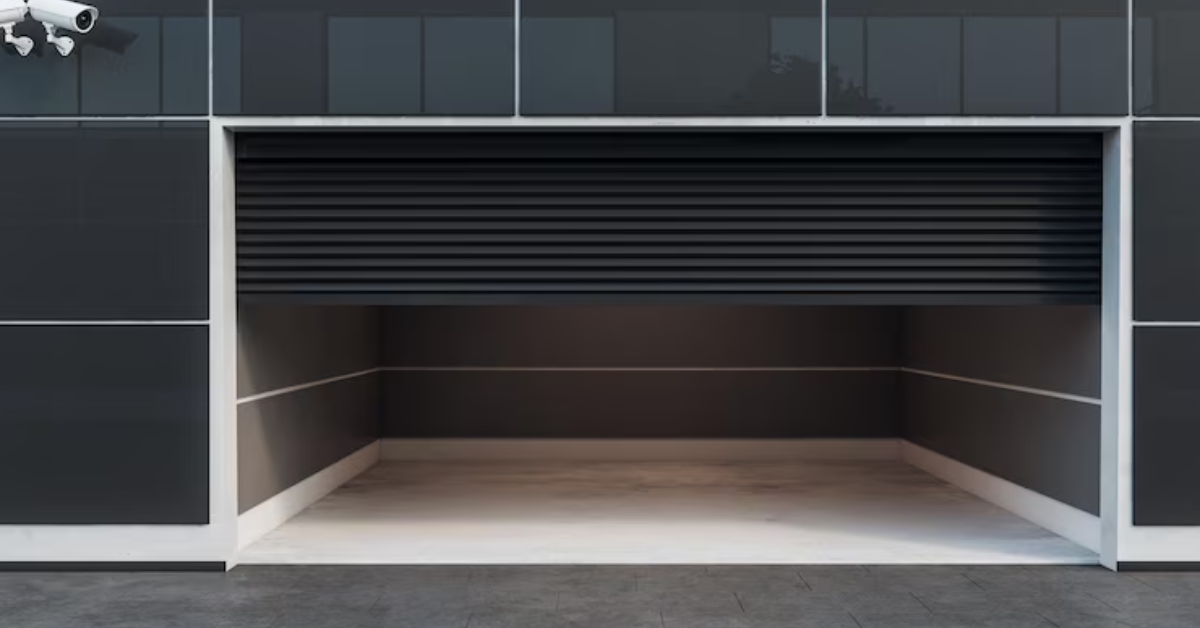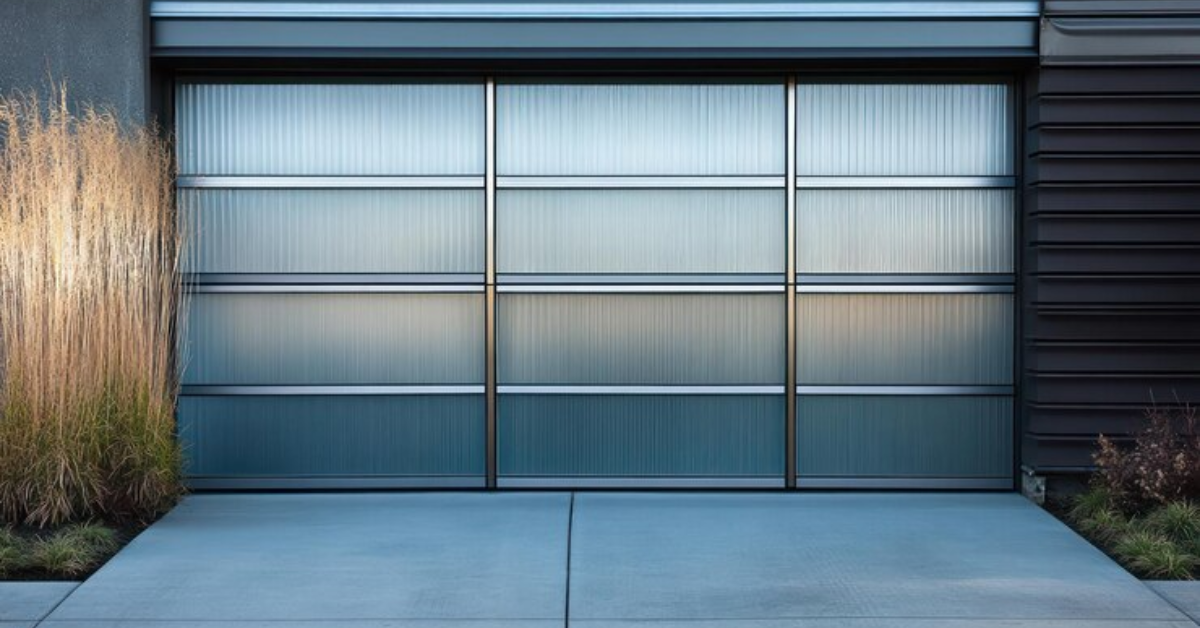Wood vs. Steel Garage Doors: Which One Should You Choose?
When selecting a garage door, one of the biggest decisions homeowners face is choosing between wood and steel. Both materials have their advantages and drawbacks, and the right choice depends on factors such as aesthetics, durability, maintenance, and budget. This article will provide an in-depth comparison of wood vs. steel garage doors, helping you determine which one best suits your needs.
Aesthetic Appeal and Design Options
Wood Garage Doors: Wood garage doors offer a classic and timeless look that enhances the curb appeal of a home. They come in various designs, from traditional carriage-style to modern sleek panels. Natural wood grains provide warmth and elegance, making them an excellent choice for homeowners who want a luxurious, high-end appearance.
Customization is another advantage of wood. You can choose different types of wood, such as cedar, mahogany, or oak, and have them stained or painted in a color that complements your home’s exterior.
Steel Garage Doors: Steel garage doors, on the other hand, provide a more modern and versatile look. They are available in various colors, finishes, and styles, including those that mimic wood grain textures. Unlike real wood, steel doors can have a sleek, contemporary appearance or a traditional paneled design. For homeowners looking for a stylish yet low-maintenance alternative, steel garage doors with faux wood finishes can be a great option.
Durability and Strength
Wood Garage Doors: Wood is strong, but it is more susceptible to weather-related damage than steel. Over time, exposure to moisture can cause warping, rotting, or cracking, especially in humid or rainy climates. Additionally, insects such as termites can be a concern for wooden doors if they are not properly treated. However, high-quality wood garage doors, when well-maintained, can last for decades and withstand regular use.
Steel Garage Doors: Steel garage doors are known for their durability and strength. They are resistant to cracking, warping, and insect damage, making them ideal for harsh weather conditions. Modern steel doors are often coated with galvanized layers to prevent rust and corrosion, extending their lifespan.
Depending on the thickness of the steel, these doors can withstand dents and impacts better than wood. However, thinner steel doors may dent easily from accidental bumps or hailstorms.
Maintenance Requirements
Wood Garage Doors: One of the biggest downsides of wood garage doors is their high maintenance. They require regular staining, sealing, or painting to protect them from moisture and sun damage. Without proper upkeep, wood can fade, peel, or deteriorate over time. Homeowners who love the look of wood but do not want frequent maintenance should consider engineered wood options, which provide better resistance to weather conditions.
Steel Garage Doors: Steel doors are much easier to maintain. They do not require repainting or refinishing, and cleaning them with soap and water is usually sufficient to keep them looking new. However, if they get scratched, they can develop rust over time, so occasional touch-ups may be necessary.
Insulation and Energy Efficiency
Wood Garage Doors: Wood is a natural insulator, helping to regulate the temperature inside your garage. However, solid wood doors do not come with additional insulation layers, which means they may not be as energy-efficient as insulated steel doors.
Steel Garage Doors: Many steel garage doors come with built-in insulation options, such as polystyrene or polyurethane foam layers. This added insulation helps improve energy efficiency, making steel doors a better choice for garages that are attached to the home or used as living spaces.
Cost Considerations
Wood Garage Doors: Wood garage doors tend to be more expensive than steel doors due to the cost of materials and craftsmanship. Custom designs, high-quality wood, and professional installation can significantly increase the overall price. Additionally, maintenance costs over time—such as repainting and sealing—should be factored into the total cost of ownership.
Steel Garage Doors: Steel doors are generally more affordable than wood. They are available in different price ranges, depending on the thickness of the steel and insulation features. Basic steel garage doors are budget-friendly, while high-end models with woodgrain finishes and insulation can be more expensive but still cost less than real wood doors.
Which One Should You Choose?
The decision between wood and steel garage doors ultimately depends on your priorities:
- If you value luxury, timeless beauty, and customization, and don’t mind regular maintenance, wood garage doors may be the right choice for you.
- If you prefer durability, low maintenance, and affordability, with a wide range of style options, steel garage doors are the better option.
For homeowners looking for a balance of aesthetics and practicality, insulated steel doors with a faux wood finish can provide the best of both worlds.
Final Thoughts
Choosing between wood and steel garage doors is a matter of balancing style, durability, maintenance, and budget. Both materials have their unique advantages, and the best choice will depend on your specific needs and preferences. If you are unsure, consulting with a garage door specialist can help you make an informed decision.
No matter which option you choose, investing in a high-quality garage door will enhance your home’s curb appeal, improve security, and add value to your property.




